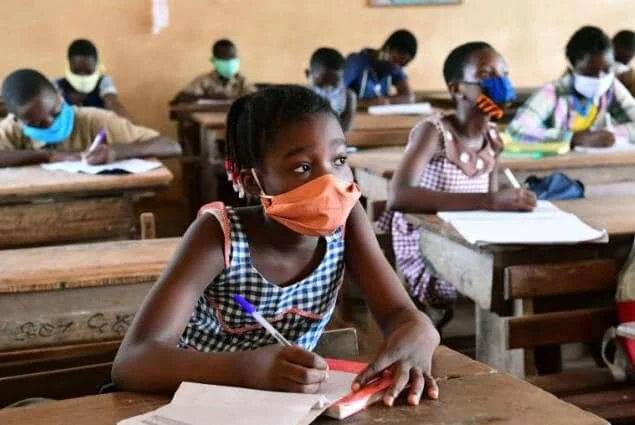The 7th EU-Africa Business Forum (EABF22) took place online from 14th to 18th February 2022 and in a hybrid format on the 16th and 17th of February 2022, at The Square, in Brussels (Belgium). The Forum was jointly promoted and sponsored by the European Commission and the African Union Commission and organized in partnership with the Pan-African business organizations Africa Business Council, Pan African Chamber of Commerce and Industry, AfroChampions, Business Africa, and the PanEuropean business organizations Business Europe, European Business Council for Africa and the Mediterranean, Eurochambres and European Entrepreneurs CEA-PME.
The Youth Café Mandela Washington Fellowship Alumnus Takes Part In The U.S. Department Of State’s Summit For Democracy.
The Youth Cafés Executive Director, Mr. Willice Onyango, as a Kenyan youth representative, attended the Youth Town Hall, moderated by Ambassador Linda Thomas-Greenfield. Mr. Willice asked his question as follows; Today, we find many young people want to engage in politics but are disheartened by the negative image projected by the current political elite and their apparent inability to tackle multiple crises. What do you think about nontraditional paths to political leadership, and how effective are non-formal education approaches in developing democratic attitudes particularly among youth?
COVID-19 And Education In Sub-Saharan Africa: 5 Actions For The Way Forward
According to data from the UNESCO Institute for Statistics (UIS), sub-Saharan Africa (SSA) has low learning proficiency and the highest rates of education exclusion, with more than 20% of children between 6 and 11, about 33% of those between 12 and 14 and 60% of youth 15 to 18 years old out of school (UIS 2019). The advent of Covid-19 has worsened the state of global education, but the hardest-hit regions will be those with less robust education systems such as sub-Saharan Africa. Robust systems are identified by their high literacy and numeracy rates, which can be used to predict the future human capital of the country.




